
Yesterday's theme of the neighbor as Other, whether as foreigner or as the abject and rejected part of oneself – that which is prohibited and put out of view – is pervasive. It is something we encounter every day in our lives, so many times that we think almost nothing of it. It is all over the daily news (if we get the news and don't self-select it out): the suburban riots in France in 2005, issues of immigration, the war in Gaza over a contested strip of land. How do we appease the Other, give it space, draw the boundaries of prohibition?
The other Other theme in Frankenstein is that of the despised creation: the work of science or art that we feel compelled to make, despite unforeseen consequences that make us later regret dedication to it. The scientist Freeman Dyson, in an interview for the 1980 documentary "The Day After Trinity," referred to this when talking about nuclear weapons: “I felt it myself, the glitter of nuclear weapons. It is irresistible if you come to them as a scientist. To feel it’s there in your hands. To release the energy that fuels the stars. To let it do your bidding. And to perform these miracles, to lift a million tons of rock into the sky, it is something that gives people an illusion of illimitable power, and it is in some ways responsible for all our troubles, I would say, this what you might call ‘technical arrogance’ that overcomes people when they see what they can do with their minds.”
There was a fascinating profile of Dyson, "The Civil Heretic," in yesterday's New York Times Sunday magazine, written by contributing writer Nicholas Dawidoff. The print version included an image unavailable on the web, of drawings and writings made by Dyson as a child. Dyson's over-the-fence neighbor at Princeton used to be Julius Robert Oppenheimer, the father of the atomic bomb.
Looking at the NYT site now, I see that this was yesterday's most e-mailed article, asking the question: "How did Freeman Dyson, the world-renowned scientist and public intellectual, wind up opposing those who care most about global warming?" (Here is a link to an earlier piece on Dyson and carbon-eating trees, over at Boing Boing.) It had a broader reach than news about a vast spy system looting computers in 103 countries, a piece about the rapid growth of Facebook, or an essay about managing the queue at Netflix. It was more popular (understandably so) than a piece about the worst phone company in the world, Verizon, where I am an unhappy customer. (I can't wait to get out of Verizon prison: but that is another story.) There was a piece about Skype, too, as well as one about forging a link to the farmer who grows your food.





























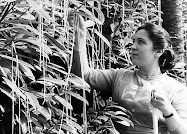



























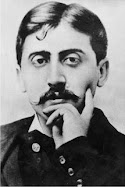






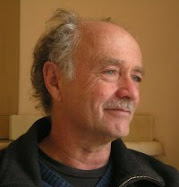











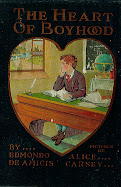
















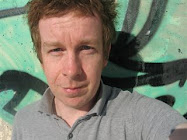









































.jpg)














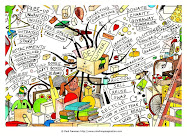






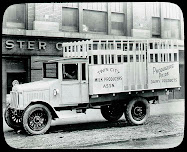





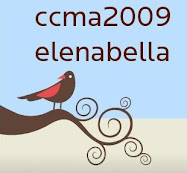





























































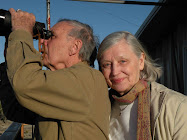
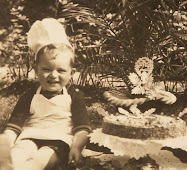














































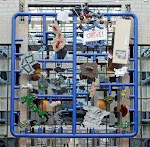.jpg)








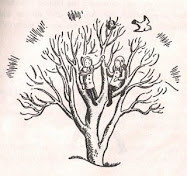







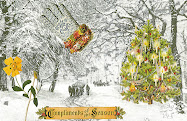













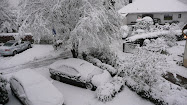










































































2 comments:
Hi Ellen, i had a great time searching your blog and your very interesting topics!
Thank you: so glad you stopped by! Hope you'll keep in touch over here.
Post a Comment